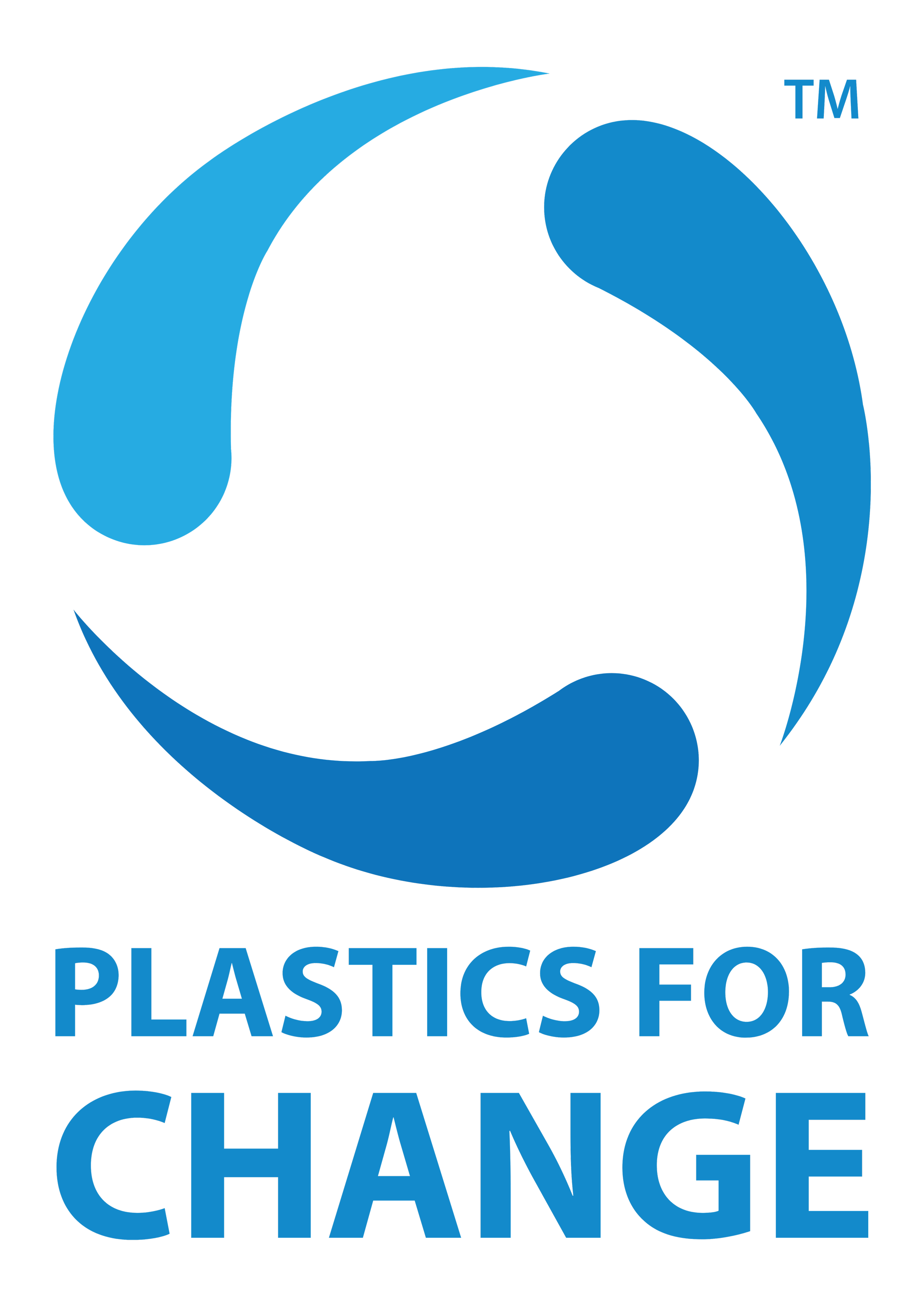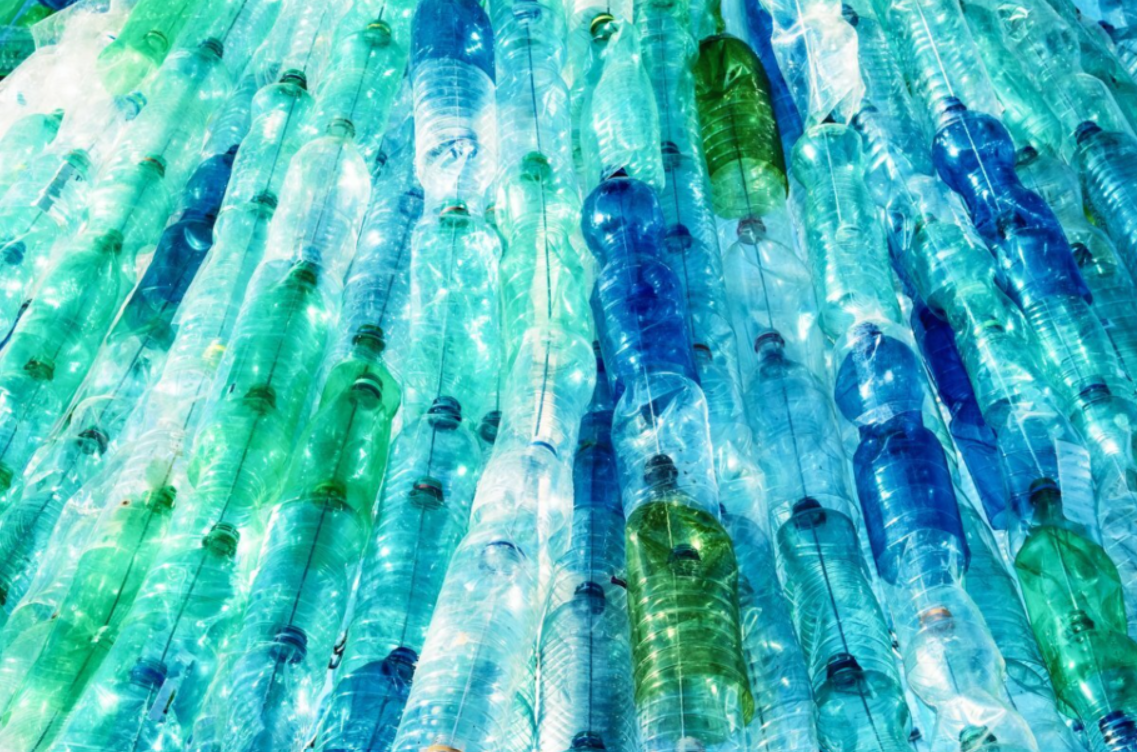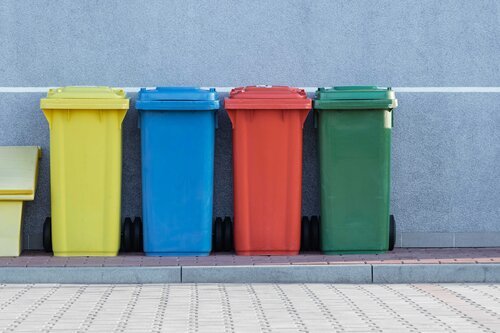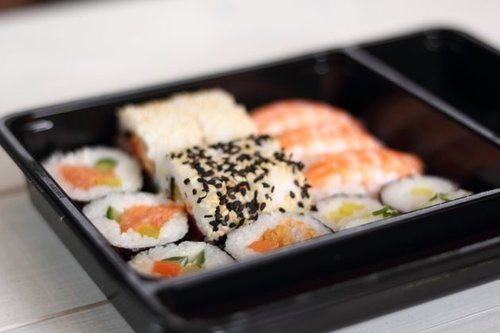There are a ton of rules when it comes to what can and can't be recycled, and all those different symbols on products don't always make it clearer! So which choice should we follow? Here are some items that CANNOT be recycled
Read MoreFollowing the principles of carbon emission taxes, Extended Producer Responsibility is a concept where manufacturers and importers of products bear a significant degree of responsibility for the environmental impacts of their products throughout the product life-cycle.
Read MoreRecycling is the process of collecting waste materials, transforming them back into raw materials, and processing them into new products. ♻️
The recycling process can happen in three different ways but they all have three steps in common.
The figures above are a clear indicator that we should all stop consuming so much. But, at the same time, increasing the recycled content of the products we buy can help save our natural resources.
Without further ado, here are five reasons why you should buy recycled products:
Read MoreIn celebration of World Ocean Day, we share with you 5 mind-blowing facts about our ocean. Did you know it produces 70% of the world’s oxygen? Keep reading to learn more!
Read MoreAs you might know, there are seven different types of plastic being used around the world - they differ in size, color, usage and disposal. But, as a conscious (and curious) consumer, you might wonder: what types of plastic are recyclable? Well, if you are interested in discovering which plastic can be recycled, keep reading!
Read MoreWhat is plastic offsetting? Is it really the best way to reduce plastic? And what role does it play in the fight against plastic pollution? Find out more here.
Read MoreThis blog will summarize the latest report published by United Nations Environment Programme (UNEP) titled "Plastic Pollution" that sheds light on the extent of plastic pollution, its impact on our environment, and the urgent need for collective action. We will also highlight the crucial role of informal waste workers, the importance of using recycled plastic, the understanding of Extended Producer Responsibility (EPR), the financial viability of measures like a plastic tax, and the significance of the Global Plastics Treaty.
Read MoreImagine a global plastics treaty based on the targets for limiting the parts per million microplastics in the human body. Perhaps this framework could help to ratify a plastics treaty in the same way that the Paris Agreement leveraged parts per million Co2 in the atmosphere as a key metric.
Read MoreIn order to help you make better-informed decisions about the products that you buy, today we will go through the 7 different types of plastic, how they differ, and their impact on the environment.
Read MoreWe’re excited to announce that we’ve become one of the first companies in the world to be certified by the OBP certification. Introduced in 2020 by Zero Plastics Ocean in collaboration with Control Union Certifications, the program certifies companies that can guarantee that their products truly are, or originate from OBP and adhere to fair trade guidelines.
Read MoreThe recycling industry is a complex environment with myriads of different regulations being updated every few years. Here are the current regulations in force for the use of recycled plastic in the US, Europe and India.
Read MoreAlternatives to plastic are yet to be used efficiently on a large scale and so using recycled plastic in packaging seems like the most reasonable solution to the growing concerns of plastic pollution. Here are some reasons why you should use recycled plastic:
Read MoreAlternatives to plastic are yet to be used efficiently on a large scale and so using recycled plastic in packaging seems like the most reasonable solution to the growing concerns of plastic pollution. Here are some reasons why you should use recycled plastic:
Read MoreWhile recycling can be a tricky process to master, the last decade has seen many countries implement spectacular recycling methods. Read about how a few citizens and governments have worked together to tackle the waste crisis through recycling programs and initiatives.
Read MoreIt’s in the cars we drive, the technology we use, and the clothes we wear. Plastic is simply everywhere we look. It’s the material that radically changed society and has made modern life possible, in many ways.
But have you ever stopped and wondered: where does plastic come from? If yes, then read on, because you are about to find out!
Read MoreClear PET plastic is the most widely recycled plastic in the world. This is for good reason, the polymer chains break down at a lower temperature, so the chain isn’t degraded during the recycling process. Recently, GA circular released a report showing companies that make a PET bottle coloured instead of clear reduces its value in the South-east Asian recycling market by $84 a tonne. The report provides a blueprint for PET plastic to be part of the circular economy, encouraging the recycling of this valuable material.
Read MoreBlack plastic does not reflect light so cannot be sorted by the scanners. Some citizens have stopped putting black plastic in recycling bins, while some restaurants have stopped using black plastic in packaging.
Read MorePlastics For Change and The Body Shop announced a global partnership to launch the first fairly traded recycled plastic. Plastics For Change is certified under the World Fair Trade Organization, the certification announcement coincides in with World Fair Trade Day.
Read More



















